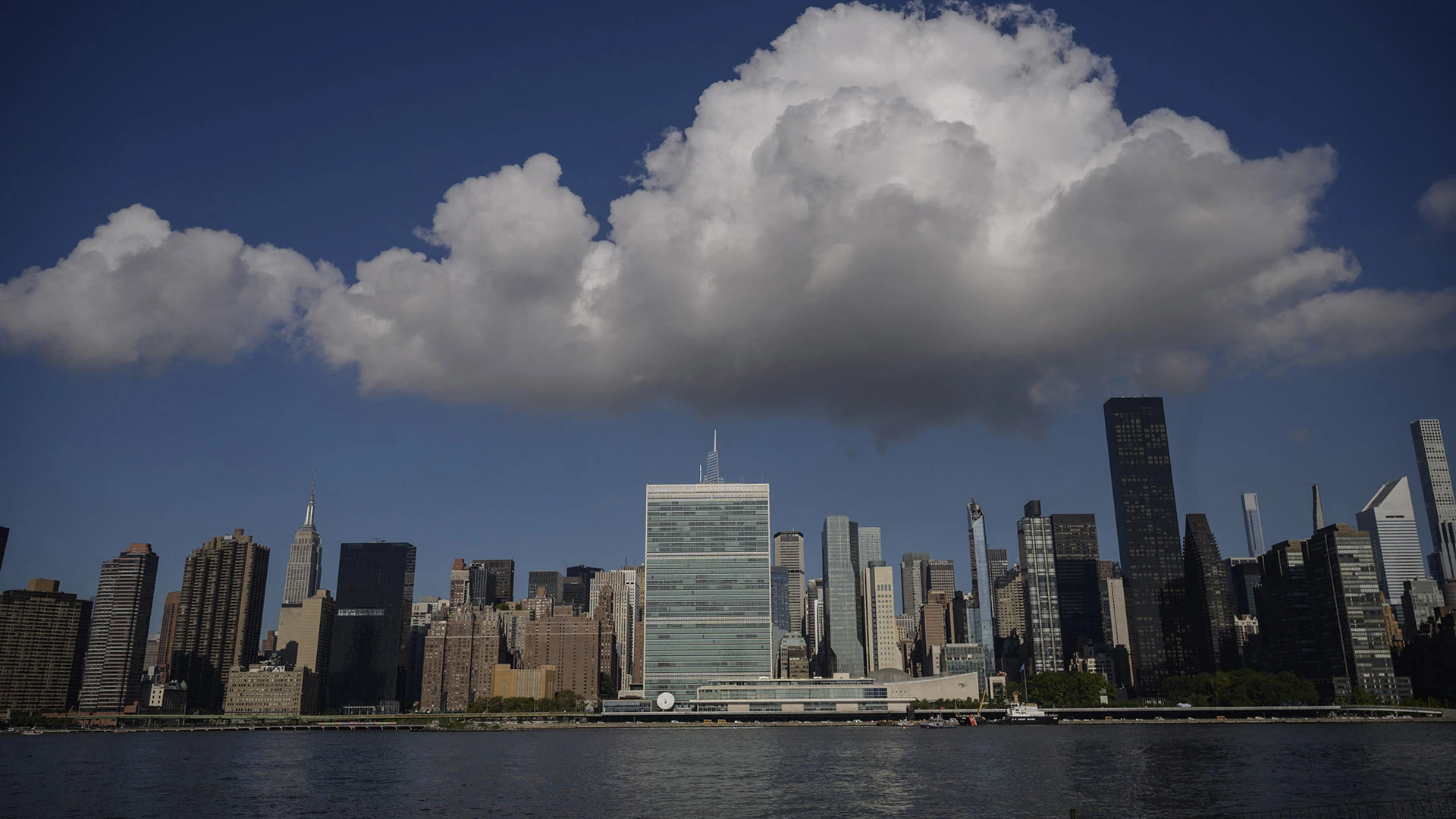Wealth and corporate taxes remain a sticking point between countries at the United Nations negotiating the roadmap for a framework convention on tax, which could herald a radical shake-up of the global tax system.
The first round of talks to establish parameters that will guide the creation of the convention — initially opposed by wealthy countries including the United Kingdom, the United States, and some members of the European Union — concluded on May 8.
Some progress was made amid ongoing tensions between higher-income members of the Organisation for Economic Co-operation and Development, or OECD, and African U.N. member states, now backed by a coalition of developing countries known as the G77.
“Both the developed and developing countries agreed easily on environmental taxes but strongly disagreed on taxes for wealth,” said Abdul Chowdhary, a senior program officer for South Centre Tax Initiative, a Geneva-based think tank representing developing countries from Africa, Asia, Latin America and elsewhere.
“The developed world took the view that the reforms to tax the world’s wealth are being addressed already by the OECD and the developing world believes that the OECD has been inadequately addressing the matter and that the U.N., too, should be able to do so,” said Chowdhary.
In November 2023, the U.N. General Assembly voted overwhelmingly to adopt a resolution tabled by Nigeria calling for an inclusive U.N. forum to tackle international tax dodging, corporate tax reform, wealth taxes, environmental taxes, and more.
Such a move would shift power away from the OECD, which has shaped the global tax agenda for decades but has been described by some observers as a “rich countries’ club” that sets international tax policy behind closed doors.
Many countries that voted against a legally binding framework convention — a sort of “global constitution” under which rules, known as protocols, are set — argued for looser terms of reference that experts noted may ultimately weaken the convention.
Disagreements also emerged over the committee’s decision-making mechanism: the developing countries’ bloc favored voting by a simple majority if no consensus emerges, whereas the wealthy countries’ bloc argued for consensus-only decision-making, which could allow a minority of states to wield veto power.
we need some sort of global tax for the rich but governments are incentivised to NOT make it happen.
More details here, although finding out which countries pushed back is tricky:
And to no one’s surprise, wealthy powerful countries don’t want to share their wealth, which may also equate to sharing power.



